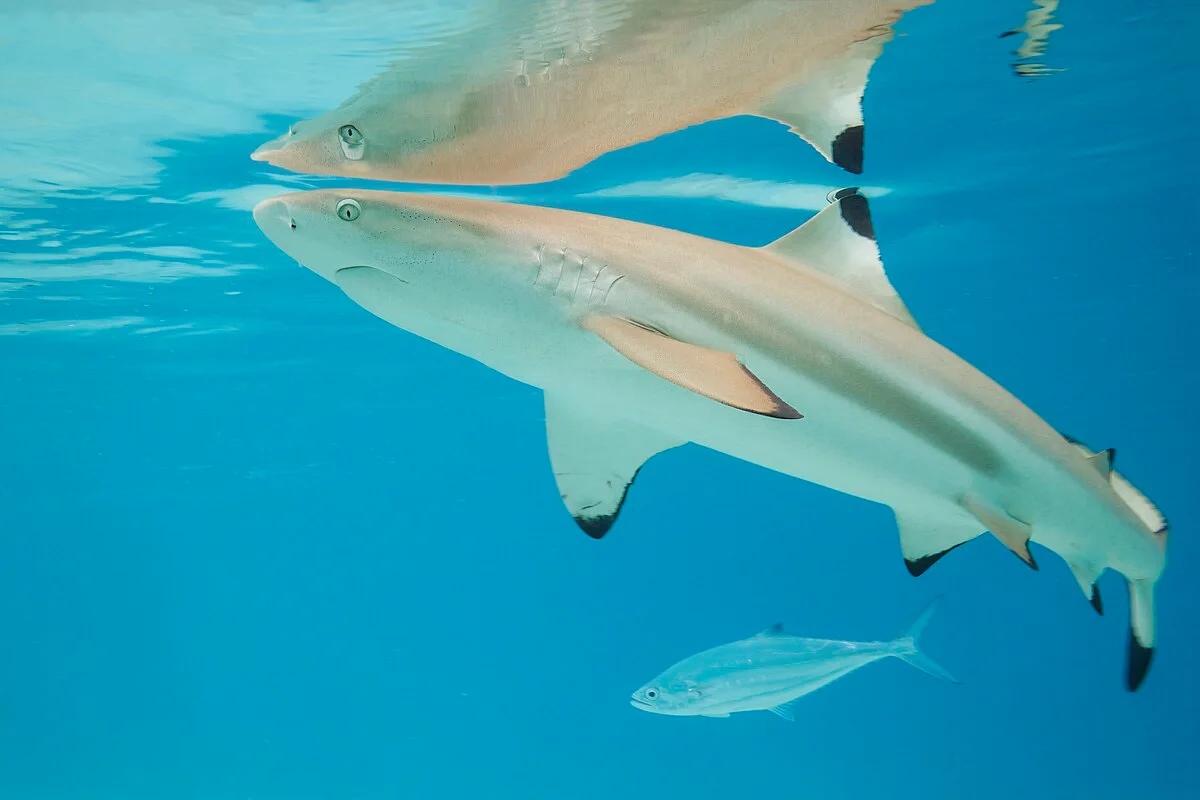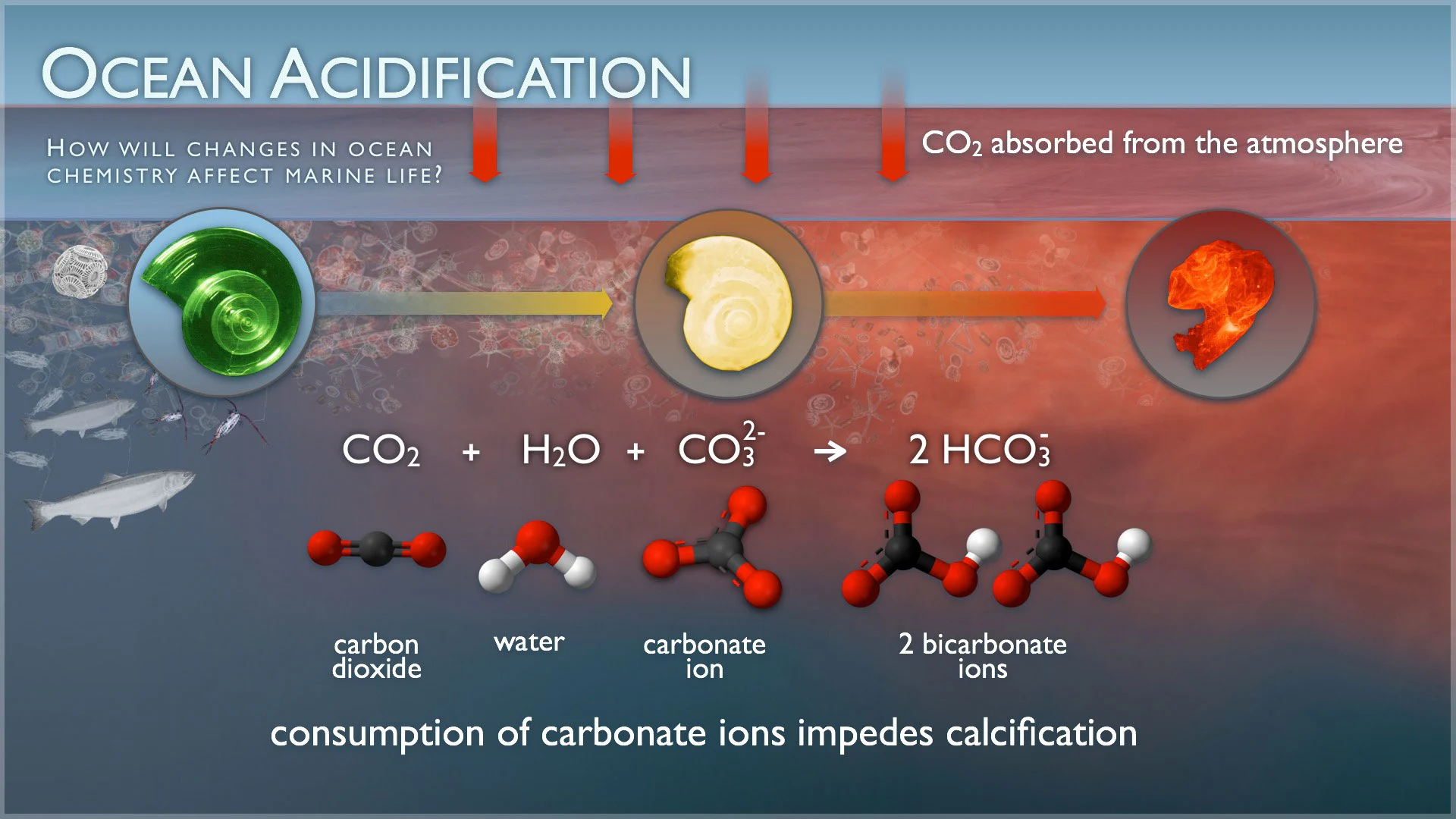
Gummy sharks may not just be candy in the future
A recent study has found that increasing ocean acidification can damage shark teeth, putting the apex predator’s future at risk.
Warming ocean temperatures aren’t the only part of climate change that is threatening marine wildlife. For decades, scientists have noticed our oceans are becoming more acidic. We have already seen the impacts of ocean acidification in mass coral bleaching events, but now we’re looking at a new victim: sharks.
As apex predators, sharks keep fish populations under control. They also keep those populations healthy by hunting weak, sick, or injured fish. This allows the strongest fish to survive and reproduce.
Sharks also play a role in ecotourism, attracting tourists to areas where they can get a firsthand experience with these magnificent creatures. In Nova Scotia, we’re seeing an increase in this ecotourism as more great white sharks move north due to warming ocean temperatures.
RELATED: More great white sharks in Canadian Atlantic waters isn't cause for concern
However, a shifting habitat isn’t the only part of climate change impacting the predators.
A recent study published in Frontiers in Marine Science found that the current rate of ocean acidification could severely impact shark teeth in the next few centuries, impacting their future ability to hunt and survive.

The study used teeth from the blacktip reef shark to study the effects of increased ocean acidification on shark teeth. (Image credit: Charles J. Sharp/Wikimedia Commons) CC BY-SA 4.0
Study finds that ocean acidification weakens shark teeth
As more carbon dioxide from the air is absorbed into the oceans, it reacts with the water to produce a series of chemical reactions that result in an increase in the amount of carbonic acid and free hydrogen ions in the water. The more hydrogen ions present, the more acidic a solution is.
DON'T MISS: How sharks sense 'bad' weather coming, and where they go to hide
Currently, our oceans are at an average pH of 8.1, but according to the authors of the study, it is predicted to go down to 7.3 by 2300. While this may seem like a small change, it is significant because the pH scale is logarithmic. A small change in pH can have a big impact.

The chemical reaction that takes place when atmospheric carbon dioxide is added to water. This reaction results in a lower pH level. (Image credit: NOAA)
The study found that shark teeth in water with a pH of 7.3 showed visible signs of damage, making them weaker and more likely to break. Since sharks rely on their teeth to hunt, any structural damage could make it harder for them to catch prey, disrupting the rest of the marine ecosystem.
However, it’s important to note that the study used healthy teeth that sharks had naturally lost. We still don’t know how live shark teeth would respond to increased ocean acidification, but this study does give us a glimpse at what we could see in the future.
Thumbnail created using imagery from Canva Pro.
